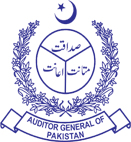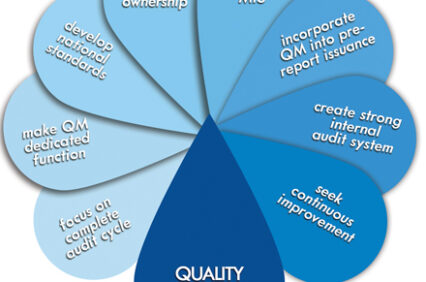It is commonly held wisdom that every staff member in a Supreme Audit Institution (SAI) is responsible for audit quality, and that SAIs should ensure quality at every stage of the audit process through standard operating procedures. This is certainly true, especially for routine audits. However, in the case of audits that are complex…
Tag: Pakistan
Filter By:





